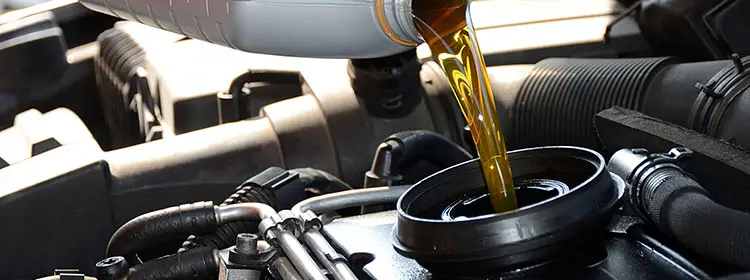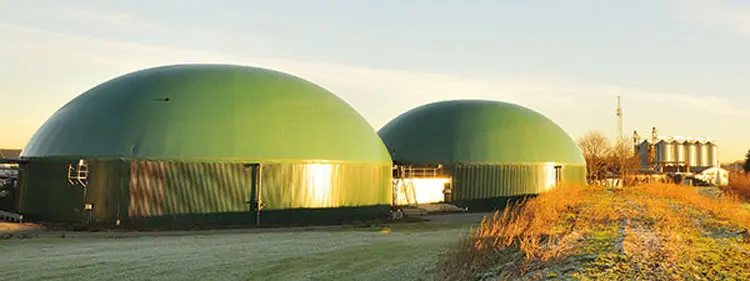Efficient lubricant selection and targeted oil monitoring for longer engine life
Proper lubrication and continuous oil monitoring are crucial factors for the performance and service life of combustion engines. In this seminar, you will learn how to select the optimal engine oil to ensure economical and reliable engine operation. The type and quality of fuel plays a significant role here, as it has a direct impact on the service life of the oil and the engine.
Another focus is on the proper collection of oil samples, which serve as the basis for meaningful oil analyses. Targeted oil monitoring allows oil change intervals to be extended without compromising operational safety. In addition, early detection of unusual wear or malfunctions enables proactive maintenance, which prevents costly downtime.
In this seminar, you will learn how to systematically investigate the causes of damage after engine failures and use the data obtained to optimise your maintenance strategies. Assessing oil analyses and understanding warning values helps you to accurately evaluate the condition of the engine and oil and take timely countermeasures.
With this knowledge, you are well equipped to maximise the service life of your combustion engines while sustainably reducing maintenance costs.

- Selecting the optimum engine oil for different operating conditions
- Understanding the influence of fuel type and quality on the engine and oil
- Learning how to take oil samples correctly for meaningful analyses
- Methods for extending oil change intervals while maintaining safety
- Early detection of wear and malfunctions through oil monitoring
- Analysis and interpretation of oil analyses for proactive maintenance
- Investigation of causes of damage following engine failures
- Use of warning values to assess engine condition and oil quality

- Skilled employees and executives working in operation and maintenance of car fleets, construction machines, agricultural equipment and other with combustion engines operated vehicles, plants or facilities
- Engineers, technicians, foremans working in construction or service of engine, components or vehicle producers and their service partners
- Skilled employees of repair, engine reconditioning or service companies
- Distribution engineers and sales people of mineral oil companies and their trading partners
- Authorized experts for combustion engines
- Technically interested employees who want to extend their knowledge in the areas lubrication techniques and tribology






